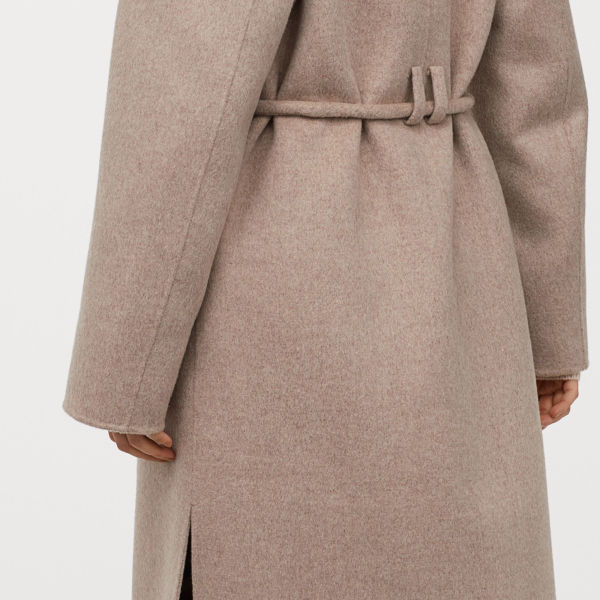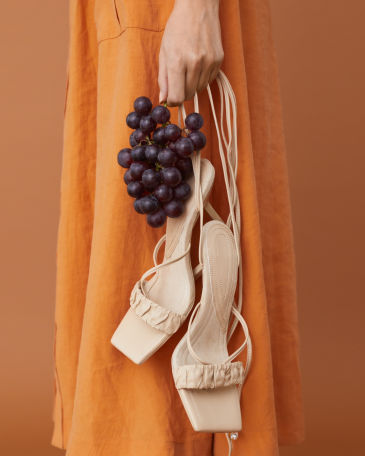All-stars.
We're on a journey towards only using recycled or other sustainably sourced materials by 2030. When it comes to cotton, which is the material we use the most, we're already there. Our other sustainably sourced materials range from natural fibres that are easily renewable, to almost-all-natural fibres and recycled synthetic materials.

Lyocell
Lyocell is a renewable, all-natural material made from plant-based cellulose, for example cellulose from trees. We mainly use Tencel™ lyocell fibres, which is made from sustainable wood-pulp produced in a closed-loop process. Lyocell feels very similar to cotton but needs a lot less water to manufacture and requires no, or very little, pesticides. If sustainable fibres were given medals, Tencel™ lyocell would get a golden one.

Recycled wool
Wool is a renewable, natural material. Recycled wool comes from the waste or cut-offs created during clothes production, or from collected garments. By recycling wool, we save raw materials and reduce what ends up in landfills. Win-win!

Linen
Linen is a durable, natural material made from the flax plant. It needs very little water compared to cotton, which makes it a great alternative for soft and comfy clothing. Our organic linen is grown without chemical pesticides, GMOs or fertilisers. Plus, it's breathable and a very chic choice for warmer weather.

Recycled polyester
Recycled polyester is an artificial fibre made from oil-based waste such as old PET bottles or polyester clothing. It's a way more sustainable option than conventional polyester, as we can re-use a material that's already been produced. Using recycled polyester also reduces plastic waste and stops it from ending up in landfills.

Recycled polyamide
This oil-based fibre is made from materials like discarded fishing nets and carpets. To save natural resources and reduce waste that ends up in landfill, we also include leftover waste from production.

Recycled plastic
We get our recycled plastic from PET bottles, shampoo bottles and other plastic containers. This is used to make new products, such as accessories. By repurposing plastic waste, we prevent it from ending up in landfill and doing harm to our planet.
Dive in deeper
Did you know?
All polyester fabrics, recycled or not, shed microplastics when you wash them. You can help protect our oceans from these microfibres by washing polyester clothes in laundry bags that can filter them out. These clever bags can be bought from our online stores.





